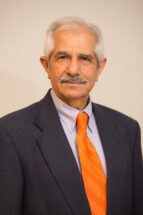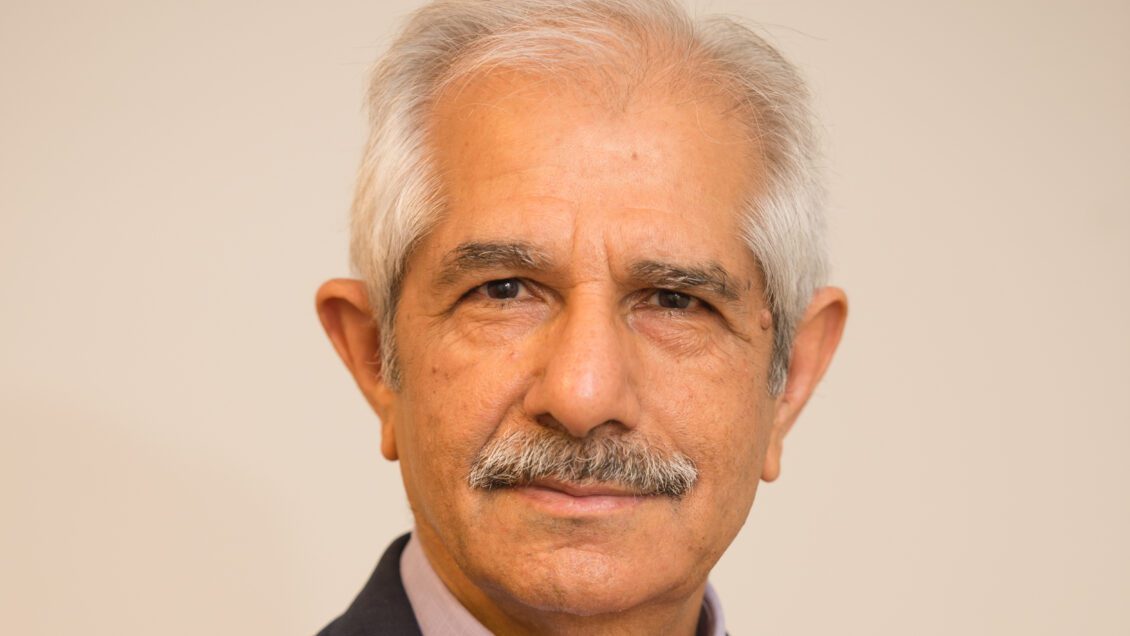Rajendra Singh of Clemson University is on a mission to revolutionize how electricity is generated and delivered — a transformation that he said is imperative if humanity is to wean itself off fossil fuels and stave off the worst effects of climate change.
Singh, the D. Houser Banks Professor of Electrical and Computer Engineering, is leading a committee of experts who have banded together to explore how to push forward their ambitious vision.

At the heart of their mission is to replace the system now in place, which is based on alternating current (AC,) with a more efficient one based on direct current (DC), a switch they regard as inevitable.
With modern life increasingly dependent on electricity, the stakes couldn’t be higher. Demand is expected only to increase as more cars run on electricity, more buildings depend on electricity for heat and artificial intelligence drives up the need for computing power.
The growth in demand falls on the back of electrical grids already in dire need of upgrades and sometimes struggling to integrate power from wind, sun and other renewable resources, experts said. Rather than try to find quick fixes, it’s better to reevaluate the entire grid structure, they said.
The IEEE Power and Energy Society in late 2023 appointed an Ad Hoc Committee on End-to-End Direct Current Power Networks, with Singh serving as chair. The 21 members come from the ranks of academia and industry around the world.
“We are finding what kind of barriers there are and asking, ‘How do we solve these problems?'” Singh said. “It’s a fact-finding mission, and we’ll be offering recommendations.”
The committee plans to publish its findings in June in IEEE Power and Energy Society Magazine.
Central to the committee’s work are power grids, many of which were first built a century ago. AC is dominant because it was easier and more efficient to transmit over long distances. It can easily be transformed to different voltage levels, making it suitable for transmission and distribution.
However, today AC has some problems, such as higher energy loss during transmission, distribution and utilization and the need for complex and expensive equipment.
DC has advantages, such as lower energy loss, lower capital cost, lower cost to consumers and better compatibility with many electronic devices. Switching to DC could improve energy efficiency of the grid and reduce environmental impact, but it would require significant changes in the existing infrastructure.
It’s a huge challenge, but one Singh has been contemplating for years. He now has 41 years experience in higher education, including 33 on the faculty at Clemson. His many honors include a designation in 2014 as a White House “Champion of Change for Solar Deployment.”
Hai Xiao, chair of Clemson’s Holcombe Department of Electrical and Computer Engineering, commended Singh and the committee on their work.
“Dr. Singh’s commitment to transforming electricity generation, transmission, distribution and utilization is a potential path to creating a more sustainable energy future,” Xiao said. “I applaud the committee’s fact-finding mission and eagerly anticipate its recommendations, recognizing the significant impact on future generations and global energy conservation.”
Singh’s efforts to generate energy sustainably go back to 1973 when he decided to do his Ph.D. dissertation on solar cells. At the time, it wasn’t possible to implement the technology, but now it is the lowest cost way of generating electricity and its use is widespread, he said.
Singh said TOPCon commercial silicon solar cells are based on the fundamental work he did as a graduate student.
With time, the same progress can be made in revolutionizing the grid, Singh said. He is highly optimistic about the change, which he said is “immensely important to electrifying everything and is the only solution to combat climate emergency.”
Some big questions are driving Singh as he and the committee begin their work.
“Did we save the world? Did we put something in the right direction?” he asked. “It’s a big deal. So much energy will be saved. So much cost will be saved.”
Get in touch and we will connect you with the author or another expert.
Or email us at news@clemson.edu

